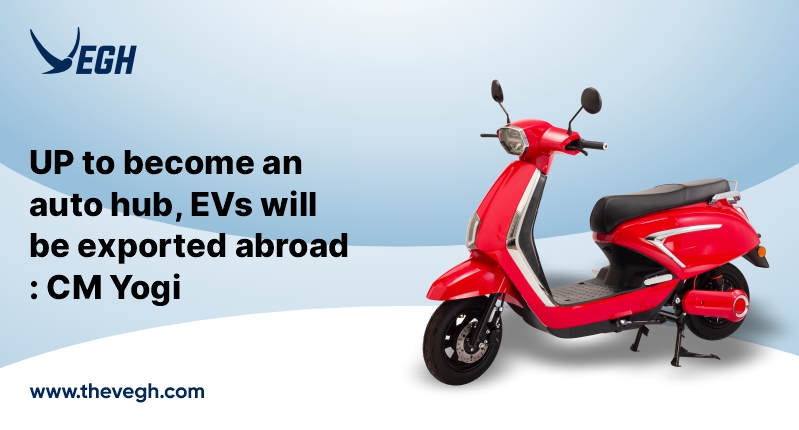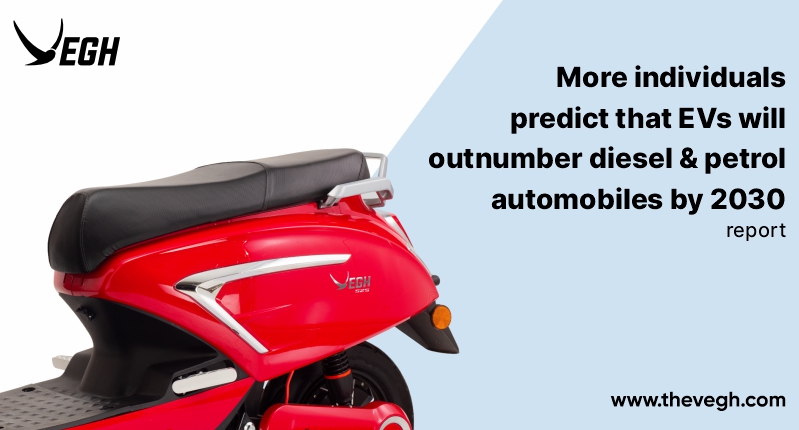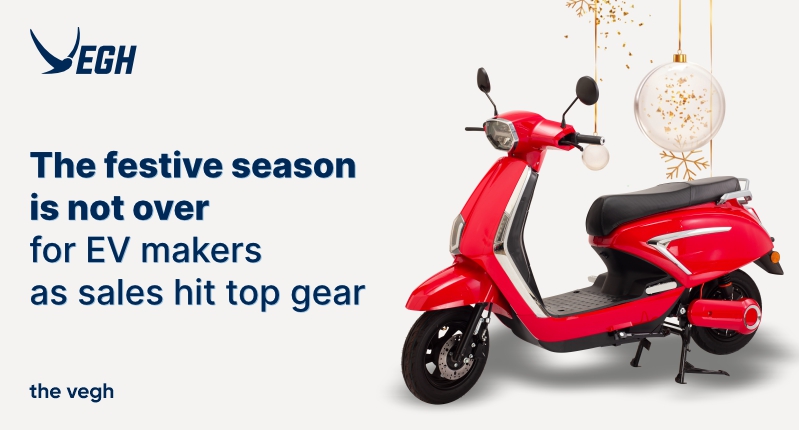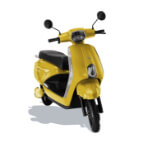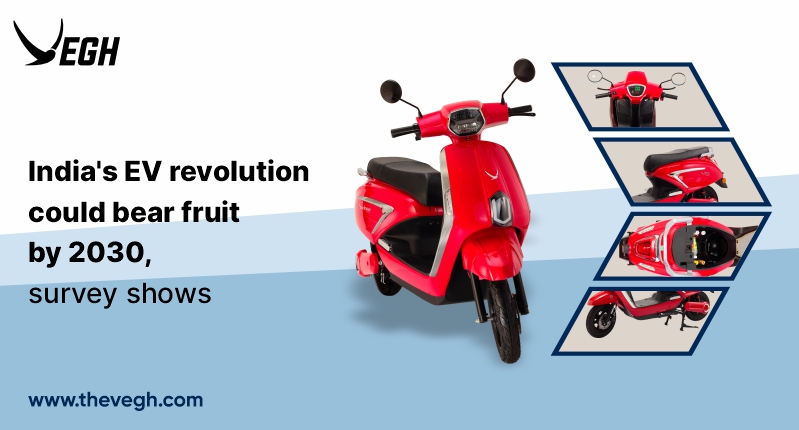
According to a private consumer expectations poll conducted on Monday, almost 66% of Indians believe that by 2030, electric vehicles will outnumber petrol and diesel automobiles.
The survey, which was carried out by ACKO and YouGov India, also revealed that 57% of Indian customers want to invest in EVs because of their practical advantages, while 56% want to buy an EV because it is environmentally friendly.
60% of those surveyed think India needs to make significant improvements to its public infrastructure in order to accept electric automobiles. However, the study also showed that 89% of participants believe India will have the necessary EV infrastructure in place by 2030.
Over the past few years, experts and researchers have cited India’s subpar EV infrastructure as the main cause of the lower penetration of EVs in the nation.
“62% of intenders are concerned about gasoline price increases, and 57% of them are drawn to cutting-edge technology. 51% of respondents claimed that operating an EV is less expensive than utilizing a gasoline or diesel vehicle. In reality, 48% of the owners claimed that electric vehicles are more expensive per mile than conventional vehicles “A sentence was read.
Sand is the most practical method for putting out an EV fire, according to 63% of poll respondents, who were unaware of this fact. “For instance, 66% believe that batteries only have a lifespan of 2 to 5 years. The good news is that 8 out of 10 people correctly understand that charging habits affect an electric vehicle’s battery life.”
The poll emphasizes the urgent need to raise public understanding of EVs and many EV-related issues.
According to the automobile dealers’ organization FADA, the nation’s total retail sales of EVs, including passenger cars, increased by nearly 185% on a yearly basis to 1,11,971 units in October. In October 2021, there were 39,329 electric vehicle sales.
A total of 1018 people between the ages of 28 and 40 who were either owner of an electric vehicle or planned to purchase one in the upcoming year were polled from New Consumer Classification System (NCCS) A & B households.

